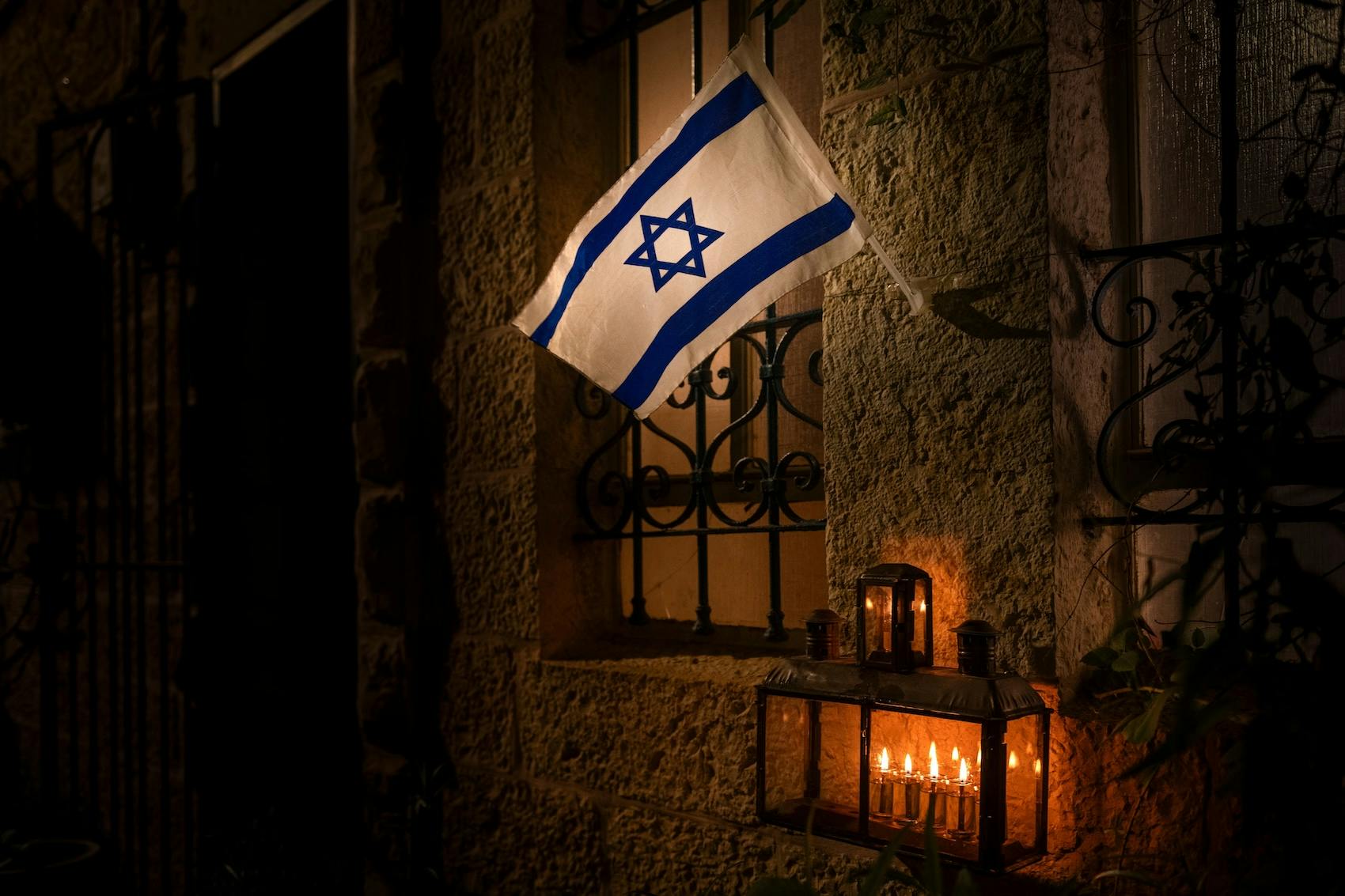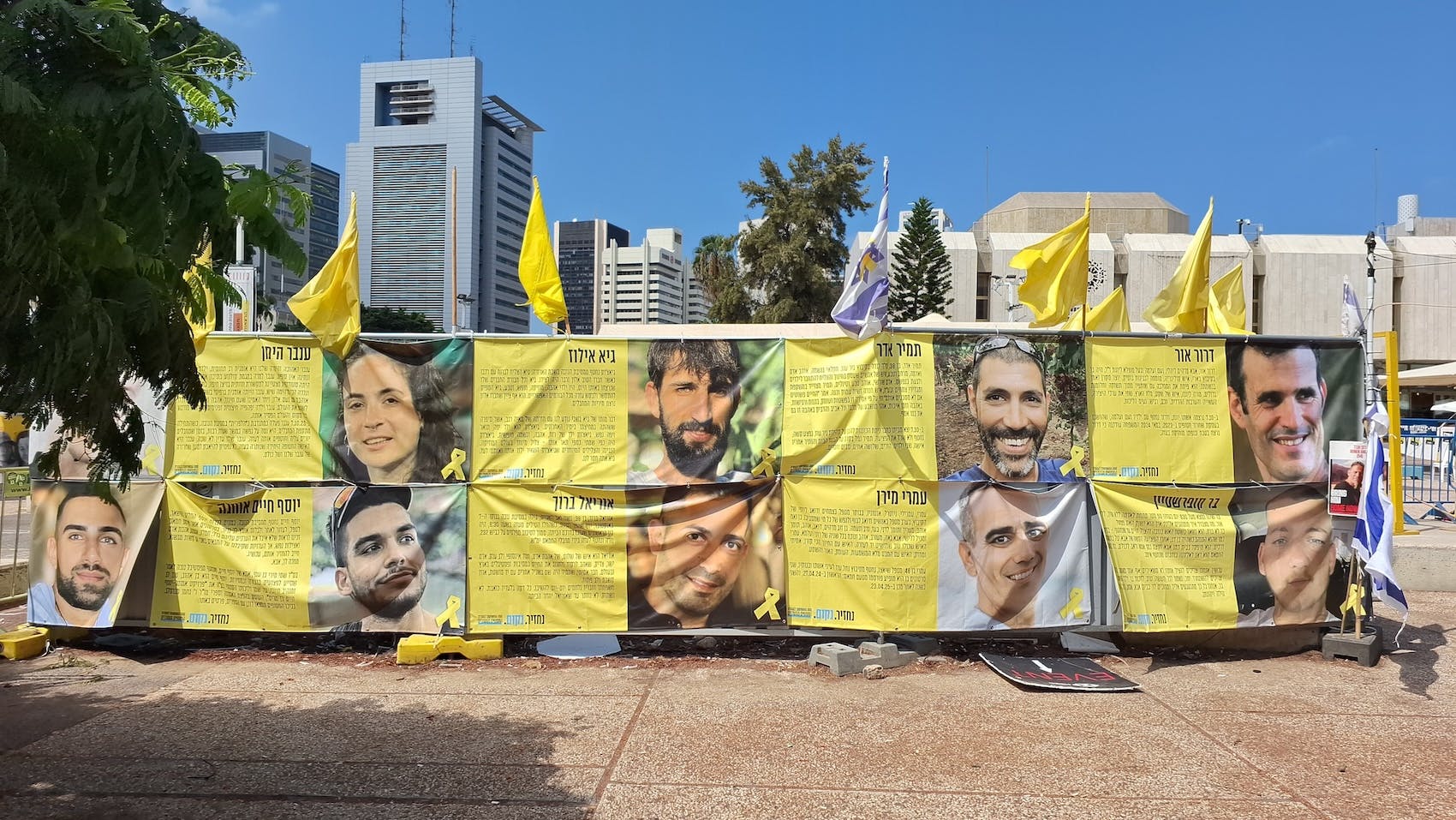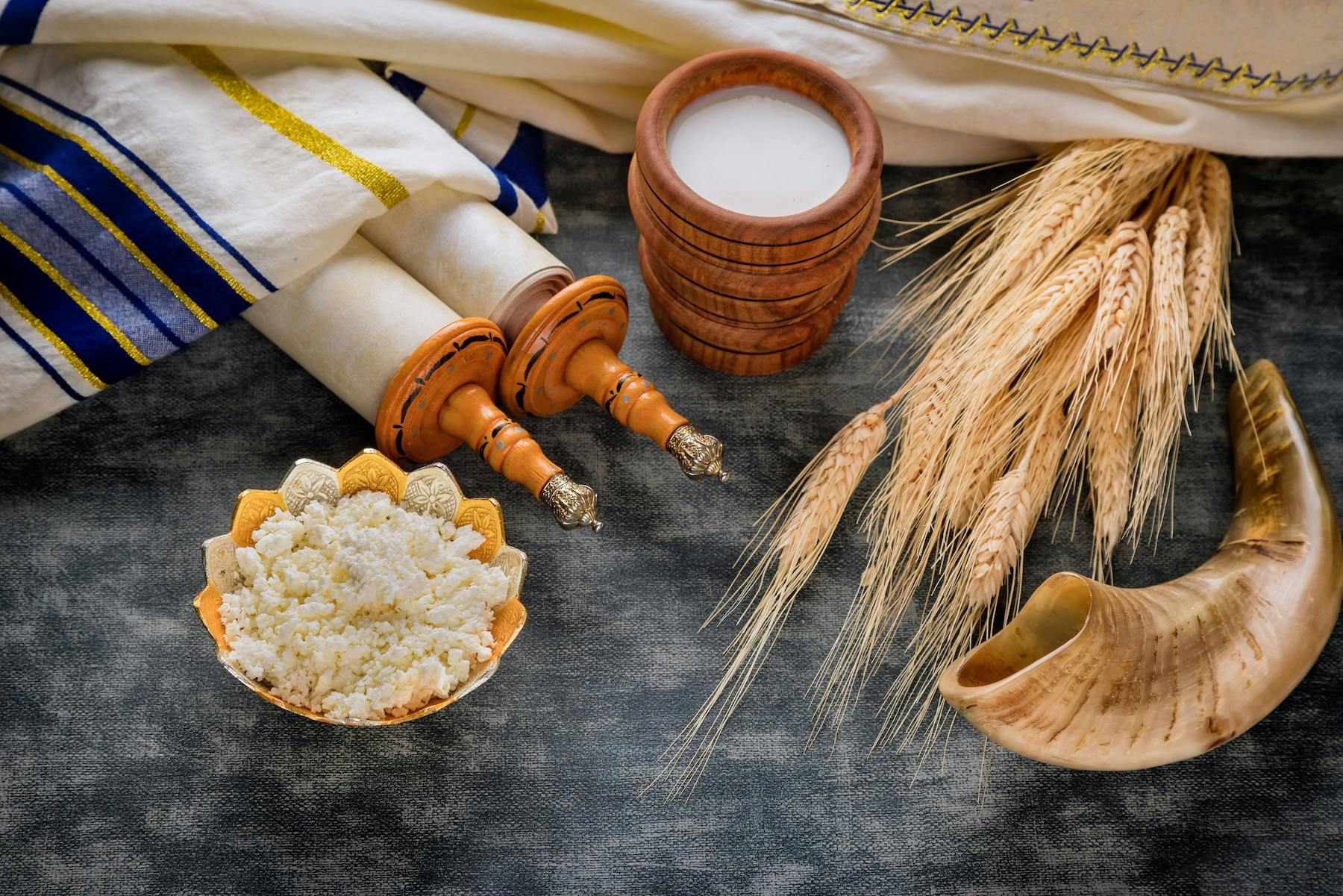In Him was life, and the life was the light of men. The light shines in the darkness, and the darkness has not overpowered it.
John 1:4-5
The word Hanukkah means dedication. It’s an 8-day holiday that commemorates the rededication of the second temple after a small group of Jewish warriors (Maccabees) defeated the Greeks who were trying to secularize the Jewish faith. This year Hanukkah begins at sundown on Thursday, December 10.
The Hebrew word Hanukkah is related to Khannach (dedicated, train, discipline) and Khanan (Grace, favor, pardon). Another name for this holiday is the Festival of Lights.
The story of Hanukkah starts way back in 333BC, when Alexander the Great stormed through Syria, Egypt, and Babylonia (modern-day Iran/Iraq).
Everywhere he conquered he demanded that the people give up their gods and worship the Greek pantheon of gods (Zeus, Venus, Apollo, and other gods). He made them speak Greek and learn Greek culture and law as well.
When he marched into Jerusalem, he demanded that a golden statue be built in the temple honoring him. The High priest was shrewd and said, “we can’t do that, but we’ll have all of our firstborn sons take the name Alexander—they’ll be a living memorial of your greatness!” Sounded good to Alexander and that led to about 100 years of relative peace in the region.
But all that changed in the year 168 BC.
One of Alexander’s successors, Antiochus Epiphanes became king of Syria. He was an eccentric, cruel, and tyrannical dictator. He sought to eradicate the Jewish religion and establish Greek polytheism instead.
The observance of all Jewish laws, including Sabbath, circumcision, and the study of the Torah, were forbidden under penalty of death. He plundered the city of Jerusalem, took 10,000 captives, stripped the temple of its treasures, and built a pagan altar on the great altar of Burnt Sacrifices.
On the 25th of Kislev (Antiochus’ birthday), a sacrifice was brought on this altar for the first time. He required a swine to be offered in the Temple of God in Jerusalem, and every village. This was the ultimate blasphemy against God because swine are unclean according to the Law of Moses.
The Maccabees
In the village of Modi’in, an aged priest named Mattathias lived with his 5 sons. He started a revolt against Antiochus, which grew into a full-scale uprising of rebels. Soon after, Mattathias died and left the leadership to his son Judah Maccabee (Maccabee means hammer).
Under his brilliant leadership, what began as a guerrilla war turned into a full-scale military engagement in which the smaller Jewish forces managed to defeat the much more powerful Syrian armies, and they succeeded in throwing off the yoke of the Greek Empire.
On the 3rd anniversary of the desecration of the Temple, on the 25th of Kislev, 164 B.C., the Temple worship was reestablished. The altar and all the vessels used in the earlier sacrilege were destroyed and replaced with new ones, and the Temple was rededicated. It is this rededication that is still celebrated among the Jews to this day as Hanukkah.
The Miracle of Oil Story
In later tradition, it has been told that at the time of the rededication, there was very little oil left to light the Menorah in the temple. That oil was supposed to last only for one day, but it would take eight days to make new oil. A miracle happened and the oil lasted for eight days.
This story is actually only recorded in later Rabbinical writings.
Nevertheless, the fact that a force so few in number could defeat the armies of the Syrian-Greeks cannot be overlooked. And the fact that the Temple was restored and rededicated is also a testimony to the power of God and His love for His people.
Did Yeshua Celebrate Hanukkah?
It is quite interesting to see that the holiday of Hanukkah is not mentioned anywhere in the Old Testament. The book of Maccabees (in which the story of Hanukkah is recorded) never made it into the Bible. The only place in the Bible that mentions Hanukkah is the New Testament.
Now it was the Feast of Dedication in Jerusalem and it was winter. And Jesus walked in the Temple, in Solomon’s porch. Then the Jews surrounded Him and said to Him, “How long do you keep us in doubt? If you are the Christ tell us plainly”. Jesus answered them, “I told you and you do not believe. The works that I do in my Father’s name, they bear witness of me.” - John 10:22-25
How Hanukkah is Celebrated Today
There are a few traditions that the Jewish people in Israel and all over the world do to observe the holiday:
1. Lighting the Hanukkiah every evening for 8 days
2. Eating food fried in oil to commemorate the miracle of the jar of oil
3. Giving gifts or money or chocolate gelt to children
4. Playing with a dreidel
The Meaning Behind the Hanukkiah
The Hanukkiah symbolizes the Menorah (golden lampstand) that stood in the temple. It was one of the furnishings that God commanded Moses to place in the Tabernacle and was preserved throughout the years in the Temples.
It is clear according to the Torah's instructions that the Menorah was to have the form of a stylized plant, like a small tree that has a trunk and branches bearing flowers and almonds. If so, we must ask the question: How could it be that the Torah commanded us to make a Menorah in the form of a tree, to be placed in the sanctuary of the Tabernacle, while elsewhere the Torah cautions, "You shall not set up a sacred post – any kind of pole [or tree] beside the altar of the Lord your God that you may make" (Deut. 16:21)?
Here is one possible explanation: In the book of Genesis (chapter 2:9) it talks about the two trees in the Garden of Eden. One is the tree of knowledge and the second is the tree of life. Perhaps the tree of life is a representation of the eternal life we get through faith in Yeshua. Yeshua is also the Light of the World, which is reflected through the light of the Menorah.
Another reflection of Yeshua in the Hanukkiah is that it has nine branches, of which one is higher than the rest (shamash, servant) and is used to light the other candles. Yeshua is like the Shamash. He is exalted, but He is also a servant, and He gives the light in our lives and to the world.
As we think about what this Festival of Lights means to us as God’s people, we think of the testimony of those who stood up to secularism, to the defamation of their faith and said “No. No compromise! This altar belongs to the Lord--not to you!” The people who know their God will be strong and do exploits! That’s a pretty powerful message for us and the world we live in!





